I’ve been working with job seekers, HR Directors and job recruiters for more than 25 years .
One thing that all job seekers need to realize is this: You are a product in the marketplace of job seekers where you are competing against other products (other job seekers).
You job search is an attempt to influence someone’s perceptions and ultimately their behavior that will result in a job offer. The job seeking tools you use will give them both a RATIONAL reason to hire you (you meet the criteria required for the job) and an EMOTIONAL reason to hire you (She seems like she’d be a good culture fit! I can imagine him fitting in with the team! They made me believe they are capable! I can imagine them working for us!)
You have a TON of power to influence employers in your favor.
Every job seeking touch point is an opportunity to influence an employer opinion and ultimately decision to hire you!
What are these touchpoints?
- Your resume
- Your cover letters
- Every conversation and interview
- Your networks (people who can help catapult you to an opportunity)
- Your behavior (how you engage in interviews, your professionalism, your passion for what you do and for the job you are applying)
So saying all of that, here are the things I consider to be the building blocks of job seeking success:
1.) A clear focus. Take a deep breath and ask yourself: What do I want to do? For some, this is a short conversation, for others, it may require some introspection. But a clear focus on your job seeking goal means you will have a more direct path to your next job.
2.) You MUST feel confident about your resume. DO NOT simply Google resume formats or us AI to create a resume for you! Ask a professional: either pay for one to help you or go to one of the FREE Colorado Workforce Centers available in EVERY Colorado county. Professional resume writers will offer expert advice on formatting and also will see things differently than you: They are looking with the eyes of a recruiter in terms of important experience, success and talents to highlight.
3.) Story Telling. Be prepared with stories about past jobs, experiences, projects, success and accomplishments. These stories will help you create a connection between you background and the value you will bring to an organization. When you are in an interview, they already have your resume, they want you to describe how you operate and how your skills and experience connect to the job they are hiring for.
Having trouble with telling a story? Write down these openers and then then finish the story:
- My proudest career accomplishment was…..
- My bosses appreciated many thing about me, including….
- I was promoted to a new role because…..
- A particular accomplishment that describes how I operate was when…..
4.) Networking. What is networking? Start with your first tier networks – your cheerleaders and your advocates. Those that have ever said, “Call me if you are every looking!” Reach out to friends, former colleagues, clients, vendors – anyone who you have influenced with your hard work! People that know how you operate. Networking is sometimes the hardest part for a new job seeker, but it is CRITICAL (and believe me, everyone who you are asking for help? They also have asked for help in their job search at one time!) If you are introverted or nervous when calling people, develop a simple script that you can use during your initial phone calls. When you are networking, be ready to make ASKS: Can I meet with you? Can I share my resume with you? Can you give me a few names of folks? Can you introduce me to your HR folks? Do you have a job? Make your networks part of your team!
5.) ORGANIZE! Keep a detailed spreadsheet that keeps track of Companies, Jobs Applied for, Connections, Interviews, Deadlines, etc., etc. This will be incredibly handy!
6.) Keep disciplined. You want motivation? You want inspiration? Discipline is what creates motivation. Don’t want to make 5 cold calls to companies today? Do it anyway. Don’t have the energy to write a new cover letter that tells the story of why you’d be a great fit for that job? Do it anyway. Don’t want to write down anticipated questions at your interview? Do it anyway. Don’t want to research a company and the executives? Do it anyway. Set your goals and no matter what, don’t slack. FIND THE TIME, ENERGY and the DISCIPLINE every day!
7.) Don’t fall into the trap of job boards. Job boards (including mine!) are great for PROSPECTING new jobs. But if you are spending ALL of your time randomly sending out resumes to job postings on job boards, you are going to be frustrated. Dig into a job! Who do you know at the company? What LI connections might give you a leg up? Who are key people in management, on the Board of Directors? Do everything you can to get yourself into the interview pool.
In conclusion: You’ve got this! Keep going. You are going to find a job. You are going to find a job that matches your purpose. You are going to do whatever it takes. And not matter what, even if you face rejection, you are going to keep soldiering on. You are erase those way back voices, those insecurities that follow us around, those ‘stinking thinking’ thoughts whose only purpose is to convince you that you don’t have what it takes. YOU DO HAVE WHAT IT TAKES.









